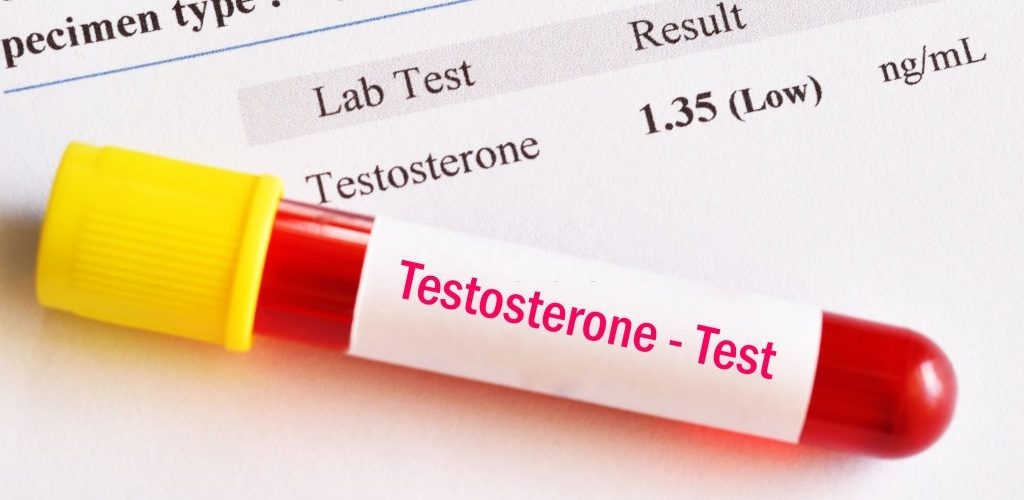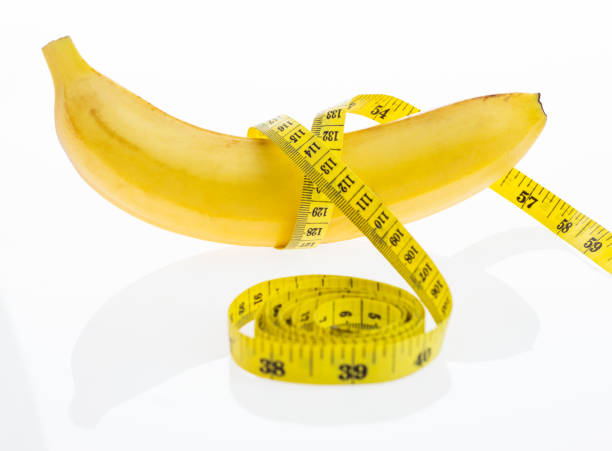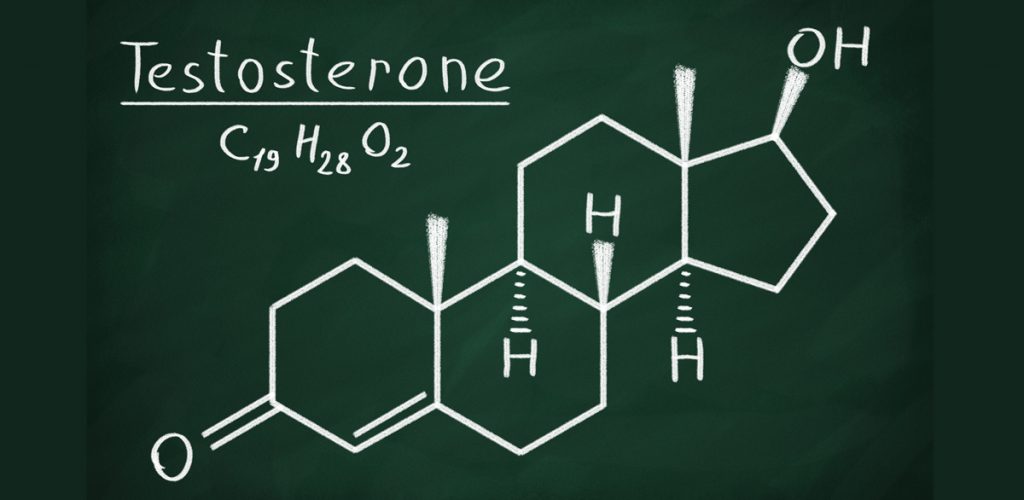Signs of low testosterone
The male reproductive system suffers several deficiencies that can only be detected by diagnosis. A couple of them might share similar signs making it difficult to tell the exact reproductive health condition.
Amongst other reproductive health issues, Low testosterone is common. Testosterone is a male sex hormone generated in the testicles. This hormone is crucial to appearance, sexual development, and function.
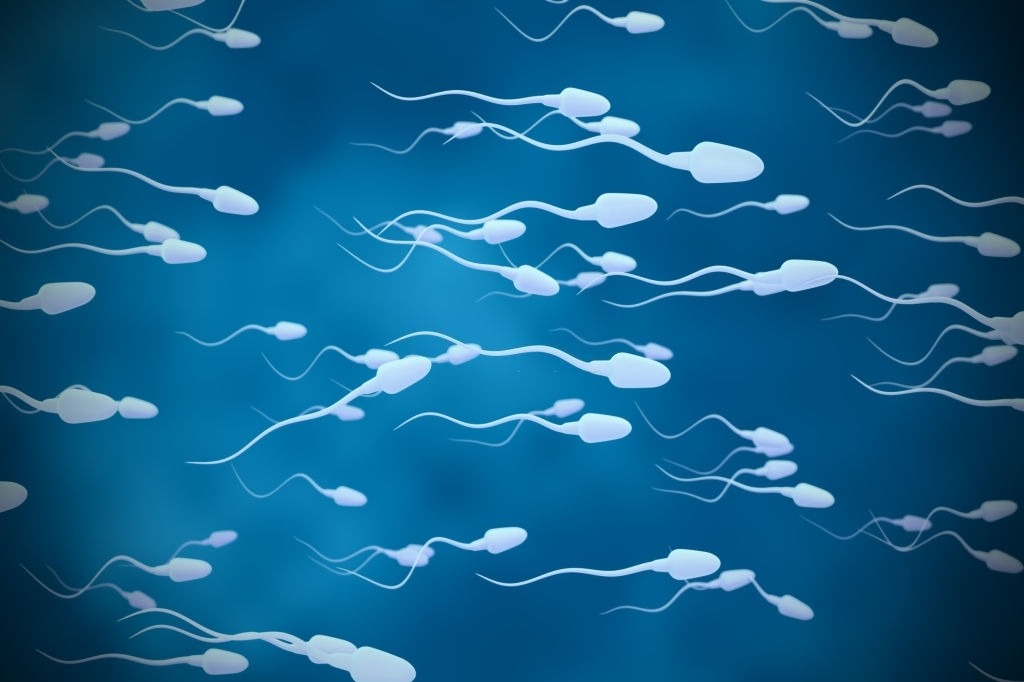
Testosterone plays a major in the development of a boy in the puberty stage. It affects his muscle and bones build, hair growth in areas other than the head, and voice breaking. Testosterone decreases as a man grows older, so it crucial for the ear;y development of a boy.
What happens when a man’s testosterone levels are low, and how can you tell?
1. Low Sex Drive: There is no doubt that some men may experience a decline in testosterone levels as they age. A diminishing in sex drive and development of the body at an early age is a consequence of low testosterone.
2. Reduced Erectile Function: Though testosterone increases sex drive in a man, it also helps achieve and maintain an erection. Testosterone induces the tissues of the penile to produce nitric oxide, which causes multiple erection reactions.
Nevertheless, testosterone is just one of the many factors that help in the production of sufficient erections. Research on the role of testosterone replacement in erectile dysfunction treatment is inconclusive.

However, there are several other medical reasons for erectile dysfunction. These include; thyroid problems, diabetes, high blood pressure, high cholesterol, heavy smoking, and alcohol consumption. Psychological health issues like depression, stress, and anxiety also affect erectile dysfunction.
3. Low Semen Volume: One sign of low testosterone that a man with this condition will notice is low semen volume during ejaculation. Testosterone helps in the production of semen, the milky fluid that aids the movement of sperm, and a deficiency in this will lead to infertility.
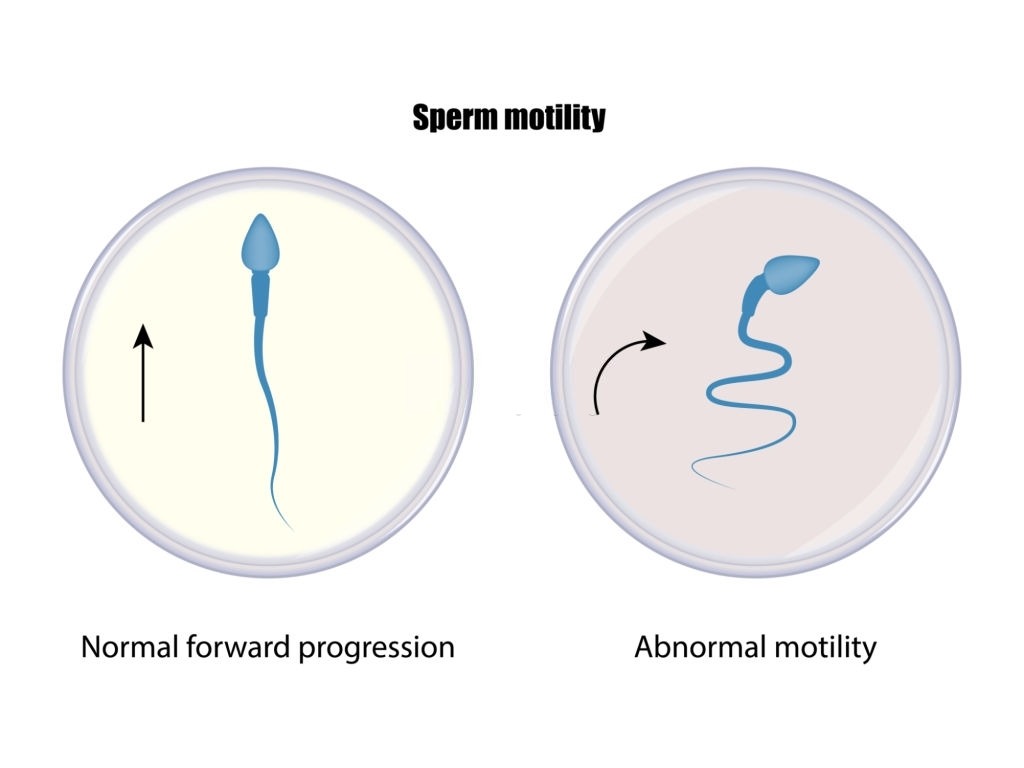
4. Low energy levels: Men with low testosterone reported extreme fatigue and low energy levels. You could have low testosterone if you are exhausted all the time, regardless of the amount of sleep you have, or if you hardly find the motivation to exercise.
5. Loss of muscle mass: Testosterone has been shown to affect muscle mass, but not generally strength or function.
6. Increased body fat: Low testosterone can contribute to an increase in body fat.
In some cases, men with testosterone deficiency experience gynecomastia, which causes breast enlargement.
7. Mood swings: Some research indicates that men with low testosterone levels are likely to experience a lack of concentration, irritability, and depression. Seeing that testosterone affects many physical processes in the body, it also alters moods and mental ability.
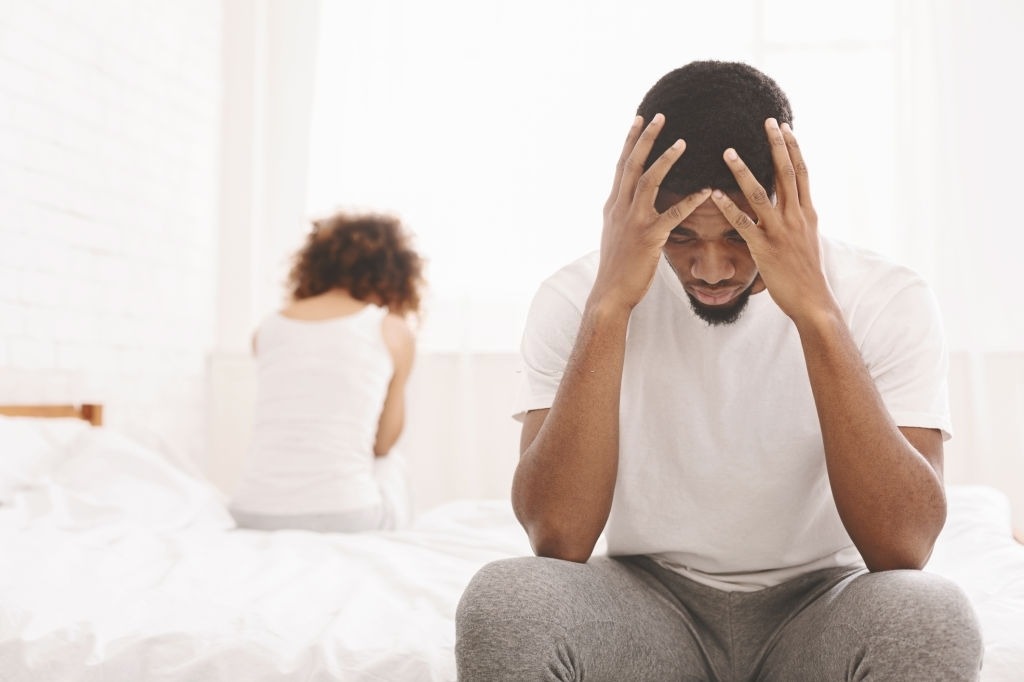
8. Smaller testicle size: Low levels of testosterone in the body may lead to smaller-than-average testicles. Although the body requires testosterone to develop the penis and testicles, low levels could result in a disproportionately lower penis or testicles compared to a man with normal testosterone levels.
9. Affected cognitive abilities: Testosterone levels and cognitive functions—especially memory decline with age.
Consequentially, doctors believe that lower testosterone levels could contribute to affected memory.
10. Hair Loss: Testosterone plays a significant role across many body functions, including hair production. In most cases, many men experience baldness as a normal part of aging, and age-related hair loss can also affect women.
Low testosterone does not often show symptoms, and some people only hear about it after a regular blood test.
Notwithstanding, anyone who has one or more of the symptoms mentioned above should seek immediate medical attention.
To naturally increase testosterone, the diet should be rich in nutrients. Ensure to add any of the following foods to your diet; beef, healthy cereals, milk rich in vitamin D, sardine, and beans.

